Vitamin C: Vitamin C is essential for proper functioning of the immune system and aids in the growth and repair of tissues and collagen production. It’s also a powerful antioxidant, which means it can help block the damage done by free radicals—damage that can contribute to aging, inflammation, and chronic disease. It’s especially important to get enough vitamin C during the cold and flu months to help keep you healthy. Good sources of vitamin C include citrus fruits, tomatoes, peppers, broccoli, and leafy green vegetables.
Beta-carotene: Beta-carotene isn’t actually a vitamin itself, but rather a precursor of vitamin A. Beta-carotene is converted by the body to vitamin A, and can provide up to 50 percent of the body’s vitamin A needs. Vitamin A assists with vision, bone health, and your immune system. Like vitamin C, beta-carotene is also a potent antioxidant on its own. Leafy green vegetables like spinach and orange vegetables like carrots, pumpkins, and sweet potatoes are all good sources of beta-carotene.
Vitamin B12: Sometimes called the ‘energy’ vitamin, B12 is necessary for healthy red blood cells and your nervous system. Deficiencies can result in fatigue and neurological problems like confusion, which can make following a medical weight loss plan more difficult. Research shows B12 deficiencies can be more common among obese individuals. If you are or have been obese, you may have a vitamin B12 deficiency. An interesting fact about B12 is that it is found only in animal foods. Vegans in particular need to make sure they are getting sufficient B12 in supplement form, since they do not consume any animal products. For the rest of us, low-fat and nonfat milk and milk products, lean poultry, and fish and seafood are all good sources.
Vitamin D: This vitamin is currently enjoying superstar status, as more research indicates the possibility of significant levels of deficiency among certain populations. New research also implicates vitamin D deficiency in a wide range of diseases and conditions. Among them: diabetes, certain kinds of cancer, autoimmune diseases, cardiovascular diseases, and joint pain. Research also shows vitamin D deficiency is frequently associated with obesity, so ask your doctor if you should have your D levels checked. Treatment consists of larger doses of vitamin D for a period of time, with periodic rechecks to ensure your levels are normal. In the meantime, beef up your vitamin D intake with low-fat milk and cheese. Liver, the yolks of eggs, and saltwater fish also contain high levels of vitamin D. Your body also forms vitamin D naturally through sun exposure, so prudent amounts of sun exposure could also help your vitamin D levels. Ask your physician what a safe level of sun exposure is for you.
